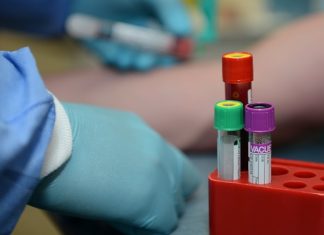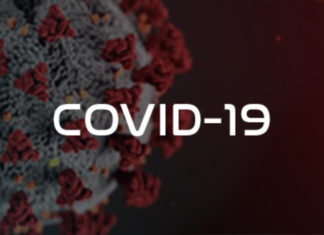Information is more accessible to people today more than ever before. The rise of search engines has made it possible for people to find answers in under a second and it has propagated a shift for many people to search for all kinds of information online. One of the exciting new aspects of the information age is that it’s possible to mine information based on what people search – and this is an endeavor that the Microsoft Research team has undertaken. More specifically, Microsoft’s Research team wanted to find a way to see if it’s possible to find early indicators of pancreatic cancer based on a user’s search queries – and they succeeded. Being able to help diagnose early stage cancer based on a victim’s search results has tremendous implications on pancreatic cancer treatment, most notably by making treatments more effective and lowering the overall cost of healthcare.
To help us decipher the implications of leveraging search engine queries for early diagnosis of cancer will be Dr. Imran Haque, an internist and general practitioner based out of North Carolina. He is excited about mining through user searches in order to lead to a future where chronic illness can be caught earlier, which ultimately leads to higher chance of curing the disease and subsequently lower healthcare costs. Dr. Imran Haque will be using his extensive experience of over 15 years in medicine to help explain why catching chronic illnesses early is so important.
Microsoft’s Research Findings
The process of gathering the research data was not easy. The Microsoft Research team gathered and analyzed the searches of over 6.4 million Bing users diagnosed with pancreatic cancer in order to find a common thread between their searches up until they received their diagnosis. The goal of the team was to find patterns of search between users before they ever received medical attention in order to identify common symptoms that was shared between users. By analyzing the mountain of data, the team was able to develop an algorithm that could detect pancreatic cancer up to 5 months before patients were diagnosed. While the results are promising, the team is not looking to create a fool-proof diagnosis for search engine users, but rather a tool that warns users if their searches indicate they may have symptoms of cancer. Dr. Imran Haque is very excited about this because pancreatic cancer is one of the deadliest forms, with patients often succumbing in a year after diagnosis. Being able to warn people of potential pancreatic cancer can lead to catching it in its early stages, which can greatly increase the survival rate for the cancer.
Warning of Early Symptoms
The study conducted by the Microsoft Research team is a step forward towards a future where patients have more transparency about what symptoms could indicate. More importantly, it allows patients to take a more proactive approach to healthcare. By warning users that they have symptoms of cancer or are at risk, it enables them to reach out to a physician with a very targeted objective and goal – ultimately making their appointment much more efficient and effective. In addition, patients are not likely to ignore a warning that they may display symptoms of cancer and it will encourage people to see their physician more often which can also contribute to catching other potential illnesses much earlier in the lifecycle. One of the hopes that Dr. Imran Haque has for the future is one where patients have much more transparency on their own body functions and symptoms so that they can adjust their lifestyle to prevent future illnesses from happening. Having an early warning system through a tool patients use every day can help achieve that goal – and treating illnesses early in its lifecycle rather than later can also help contribute to much lower healthcare costs.
Early Diagnosis means Lower Healthcare Costs
When it comes to pancreatic cancer, the treatment options available today are grim. Most people diagnosed succumb under a year, but an early diagnosis and removal of the cancer can lead to a higher survival rate of 25% over five years. Most importantly, the cost of treating pancreatic cancer can by enormous: it costs anywhere between $50,000 to $200,000+ to treat pancreatic cancer in the U.S. with health insurance. By utilizing tools to make it possible to diagnose pancreatic cancer earlier on in the lifecycle of the illness, it can drastically lower the cost of healthcare and increase survival rates of patients, as it effectively lowers the total duration of the hospital stay. Dr. Imran Haque points out that pancreatic cancer is also one of the most difficult cancers to diagnose, as it shares many early symptoms with other cancers. Utilizing an algorithm to mine search engine data can be essential, as it is likely that the algorithm can make correlations and connections that the human brain cannot hope to achieve.
Data Mining Search Engines can lead to Lower Healthcare Costs and Better Early Diagnosis
Dr. Imran Haque is excited for a future where it’s possible to capture chronic illnesses early on in its lifecycle, especially pancreatic cancer. Being able to diagnose the disease means that available treatment options are much more effective, which leads to a lower overall cost of healthcare and a much higher chance of survival. Most importantly, Dr. Imran Haque is looking forward to a future where patients are empowered with more knowledge about themselves and their symptoms, so that they can have much more targeted and efficient conversations with their physicians. By being able to quickly hone in on a small number of potential problems and illnesses, it makes healthcare more efficient and effective as a whole for patients.












